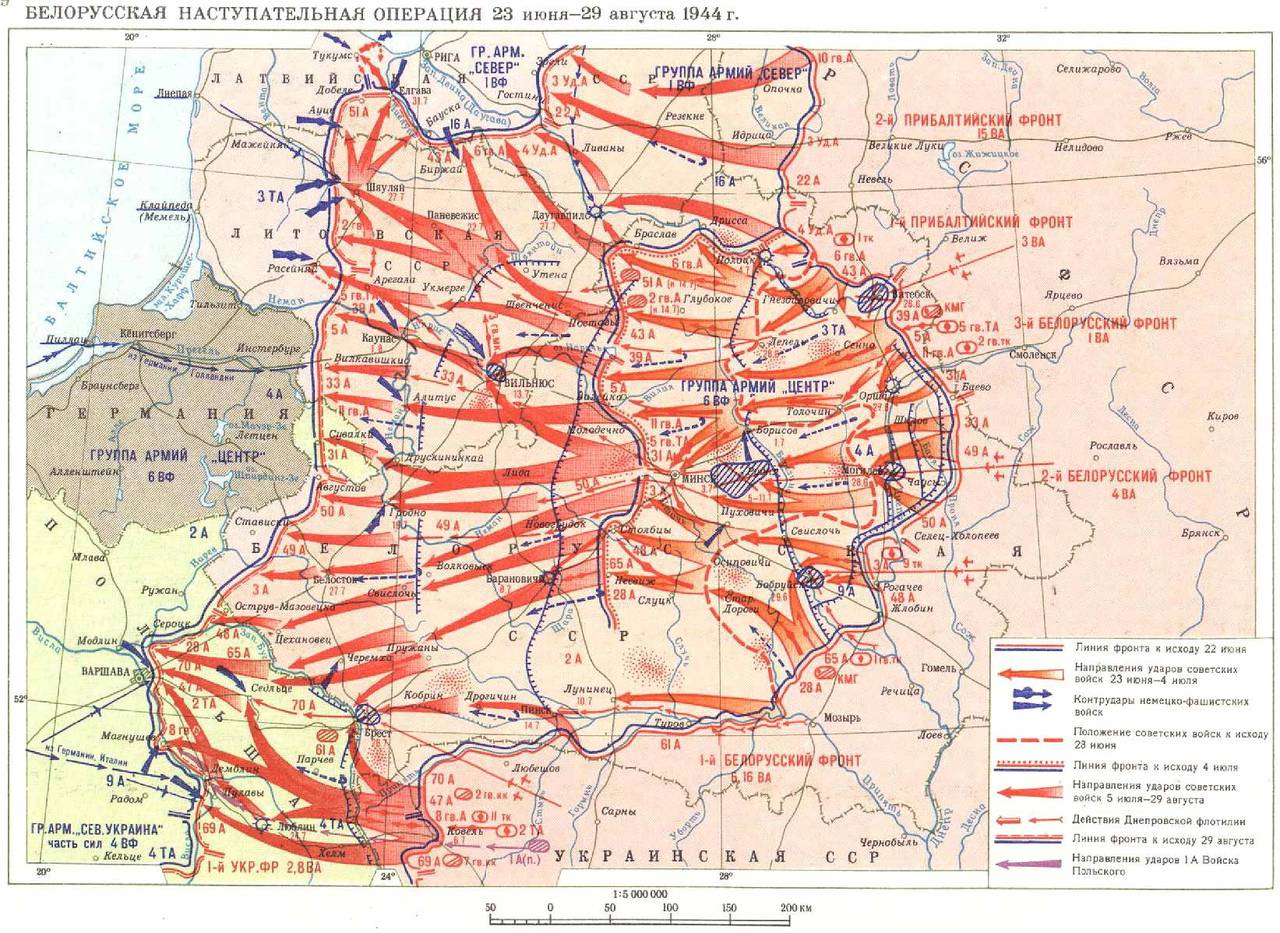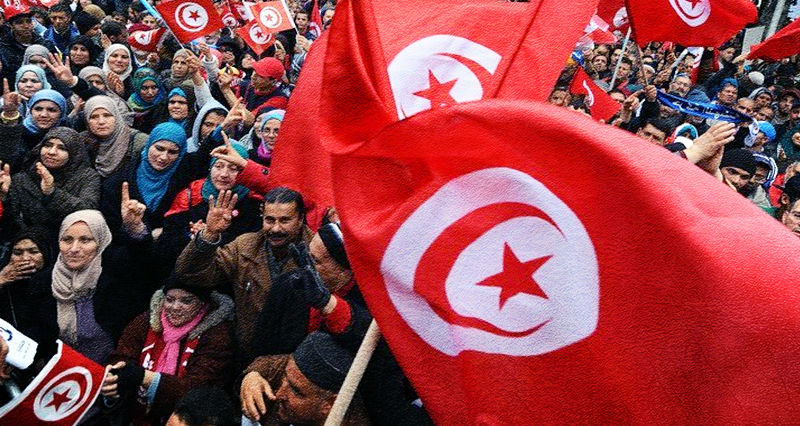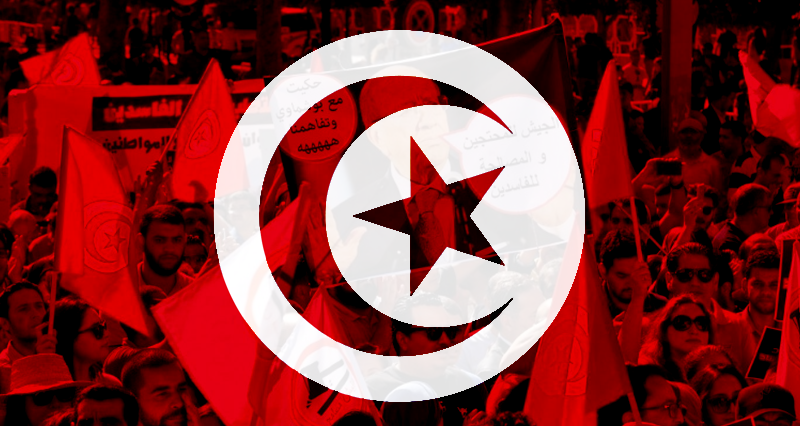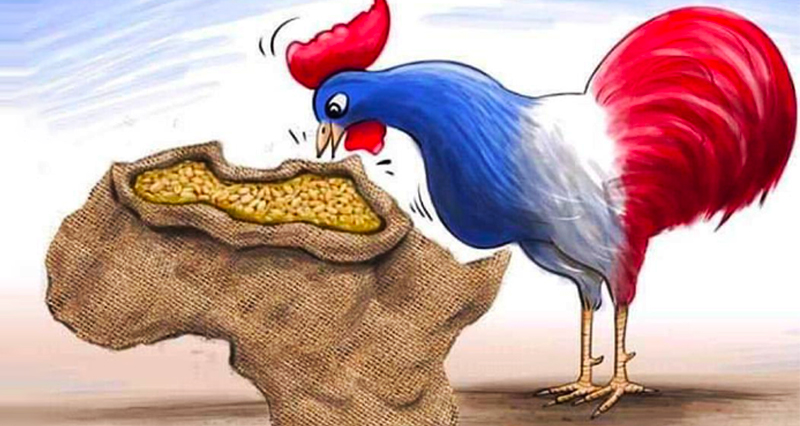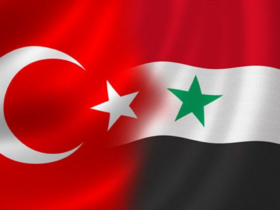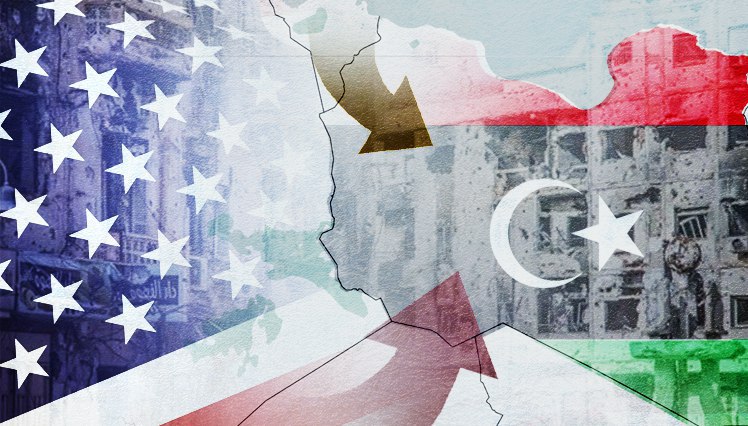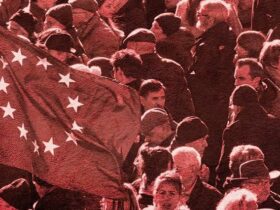By Bassem Hamdy, freelance journalist, Sfax, Tunisia “We have passed a stage in history and entered into something different from its predecessors, bearing not only the hopes of our people but the hopes of all humanity. The fate of all humanity will change in the coming decades. There are those who consider politics as a craft. Politics is an idea ...
Tunisia was the first country where the so-called Arab Spring started in 2011, and it remained in the eyes of European countries and the US the positive example of ‘democratic transition’. In the last ten years, a lot of democratic transition took place in the country, with several presidents and governments coming and going and changing coalitions ruling the country. ...
On December 17, 2010, Tunisia witnessed huge demonstrations against the rule of President Zine El Abidine Ben Ali following an incident where a vegetable seller burned himself after his goods were confiscated by the police. The massive and continuous demonstrations succeeded in toppling the authoritarian regime led by Ben Ali within less than a month of the incident. Many countries ...
President Kais Saied, who suspended the parliament and the immunity of deputies and dismissed Prime Minister Hisham Mechici, has said his moves are legitimate under the country’s constitution, arguing that article 80, after the extraordinary meeting held at the Carthage Palace. On the other hand, Tunisia’s Parliament Speaker Rashid Ghannouchi, who leads the Ennahda Movement, accused President Said of launching ...
The political crisis in Tunisia, which erupted after President Kais Saied has dismissed the coalition government that included Ennahda, a party inspired by the Muslim Brotherhood, does not only consist of the local dilemmas of Tunisia but also contains ideological, class-based and geopolitical polarizations in the wider regional context. The fracture points of Tunisia We can talk about two different ...
After having dismissing the Prime Minister, freezed the work of the parliament for 30 days and lifting the immunity of all members of Parliament on Sunday, Tunisian President Kais Saied continued to strengthen his position. The president announced a curfew from 7PM to 6 AM that is set for a month, banned travel between different Tunisian cities and prohibited the ...




